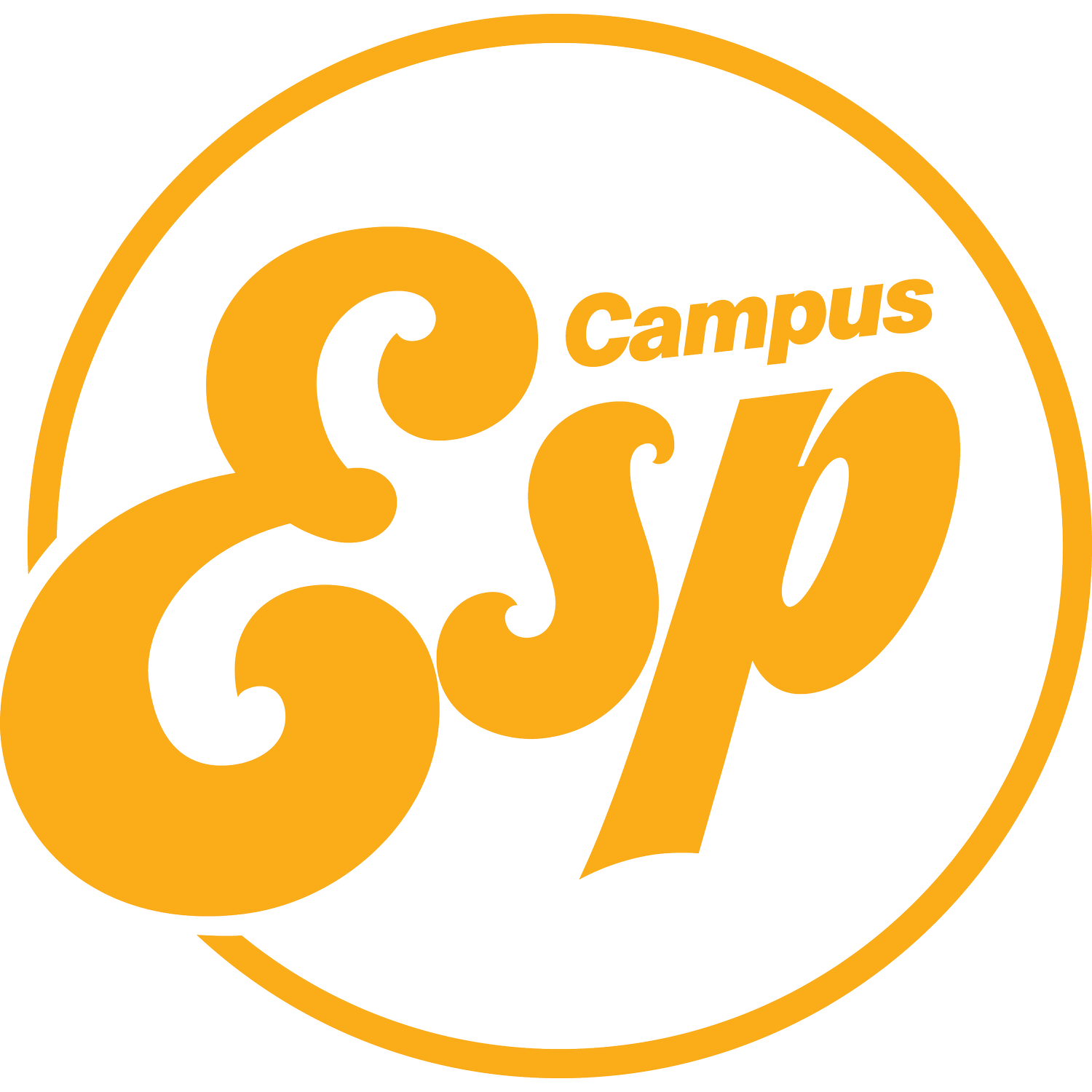Duquesne University’s full lifecycle family engagement strategy increases student enrollment and retention
Based in Pittsburgh, Duquesne University is a private, Catholic institution that serves more than 8,000 students. During the COVID pandemic, Duquesne realized that they didn’t have a dedicated avenue to communicate directly with parents and families. On top of that, an unofficial parent-run Facebook group was not a substitute for centralized information from the university and available to all parents.
“We wanted to promote what’s going on at the university and share accurate information parents need to support their student,” said Megan Glaser, Associate Director of Enrollment Marketing Communications at Duquesne.
Three divisions of the university — Enrollment Management, Marketing and Communications, and Student Life — are all dedicated to a larger initiative to increase student retention at Duquesne. As part of that collaboration, the divisions recognized that parents play a big part in achieving that goal. Prioritizing family engagement across the full student lifecycle was imperative. In 2021, Duquesne turned to CampusESP to communicate with both prospective and current families.
“It was the perfect storm of necessity, and CampusESP was the right tool to help,” said Glaser.
Parent engagement predicts student enrollment
Parents of prospective students have reported that how well a school communicates with them directly is the second most important experience in determining where their student will attend, after on-campus visits. Families hold a lot of influence during the admissions process, so engaging them early matters.
While Duquesne initially prioritized the portal for parents of current students, Duquesne expanded to communicate with families as early as the inquiry stage as part of their enrollment strategy, taking advantage of the opportunity to build excitement and provide guidance to grow their application pool. And it’s working — prospective Duquesne students with a parent using CampusESP are 3.1x more likely to apply than average.
Over time, parents receive targeted nudges based on their student’s enrollment stage, on average receiving about 24 personalized emails from the CampusESP portal. Parent engagement data collected on those communications further helps Duquesne predict student enrollment — prospective Duquesne parents in the top quartile of engagement have students 4.9x more likely to enroll.
“Giving families information about what their student’s next steps are and targeting content by stage has been very effective for us. It also prepares families for how they can support their students once they’re enrolled at Duquesne,” said Glaser.
Duquesne’s Family Orientation Hub eases the college transition and prevents melt
After students commit, Duquesne continues to build trust and connection with families by sharing regular updates throughout the summer. Duquesne created a Family Orientation Hub that consolidates orientation content in one place for parents — equipping them with the information and campus resources they need to advise their student during their first semester and beyond.
“By this point, parents are already familiar with the Parent Portal, and we’ve been encouraging them to use it as their go-to resource,” said Glaser. “It’s an official one-stop-shop for parents to get the information they need.”
Incoming Duquesne families remain highly engaged throughout the summer — last July, families in the Orientation Hub averaged a 77% open rate and 30% click rate! Keeping families engaged plays an important role in generating excitement ahead of move-in, while decreasing summer melt.
“CampusESP helps us with retaining more students during the transition to college,” said Glaser. “Parents and students can get nervous. Being able to explain things and get information out to them quickly helps make the transition feel less overwhelming, especially for first-generation families.”
Turning Duquesne parents into partners throughout the student journey
Communication continues through CampusESP as parents support their students during their time at Duquesne. Automated newsletters share the information families need about important events, deadlines, and reminders to help their students stay on track. Content is personalized to give each parent the information they need, when they need it.
“One of our end goals is leveraging parents as partners,” said Jen Smith, Assistant Director for Parent Relations at Duquesne. “Giving them the relevant information that they need to help their student succeed is important in making that happen.”
Duquesne also uses CampusESP for FERPA Management, which automates FERPA processes with parent-initiated digital permission waivers and notifies parents when important student records change. Research shows that student retention is 8% higher when a parent receives regular updates on student progress — retention impacts are even higher for students of color.
Before implementing CampusESP, Duquesne students only had the option to give their parents permission to all FERPA-protected records … or nothing. Switching to CampusESP meant that students can now control exactly which records are shared.
“CampusESP for FERPA Management offers a lot more flexibility,” said Smith. “It also encourages more open conversations between students and their parents.”
Communicating with families across the full student lifecycle helps Duquesne achieve institutional goals. One of the most rewarding parts of it all? All the positive feedback from families!
“Our parents love it,” said Smith. “I get good feedback all the time — they’re very appreciative that they have CampusESP as a resource.”
Looking to turn family involvement into student success?






